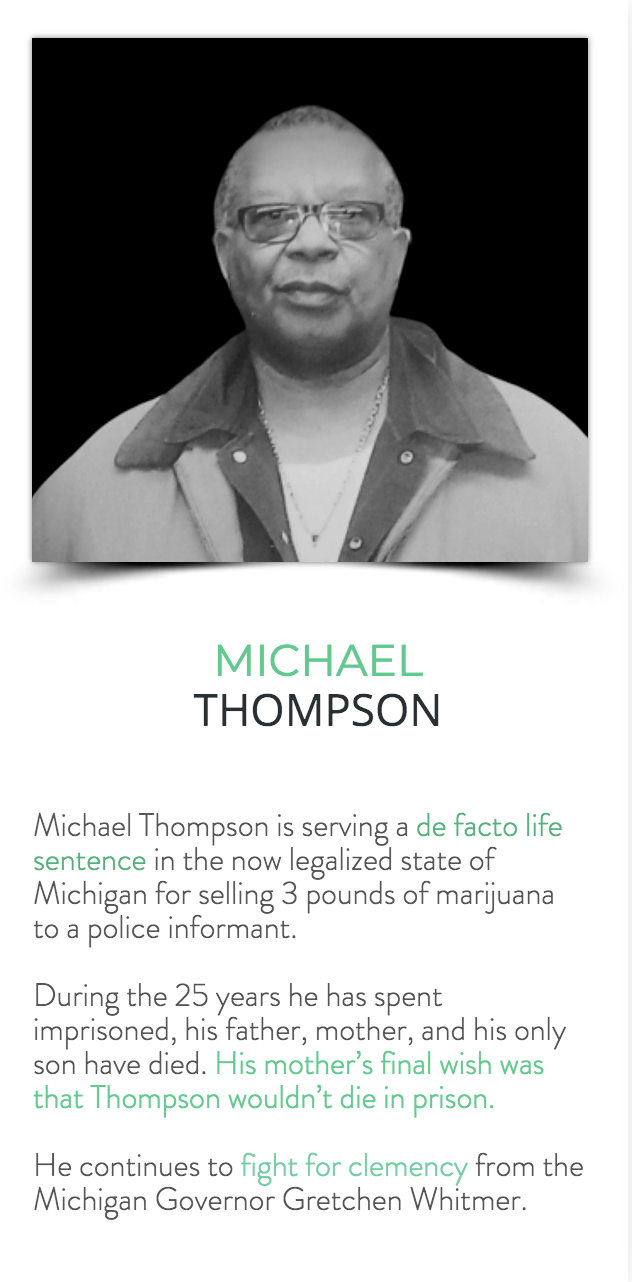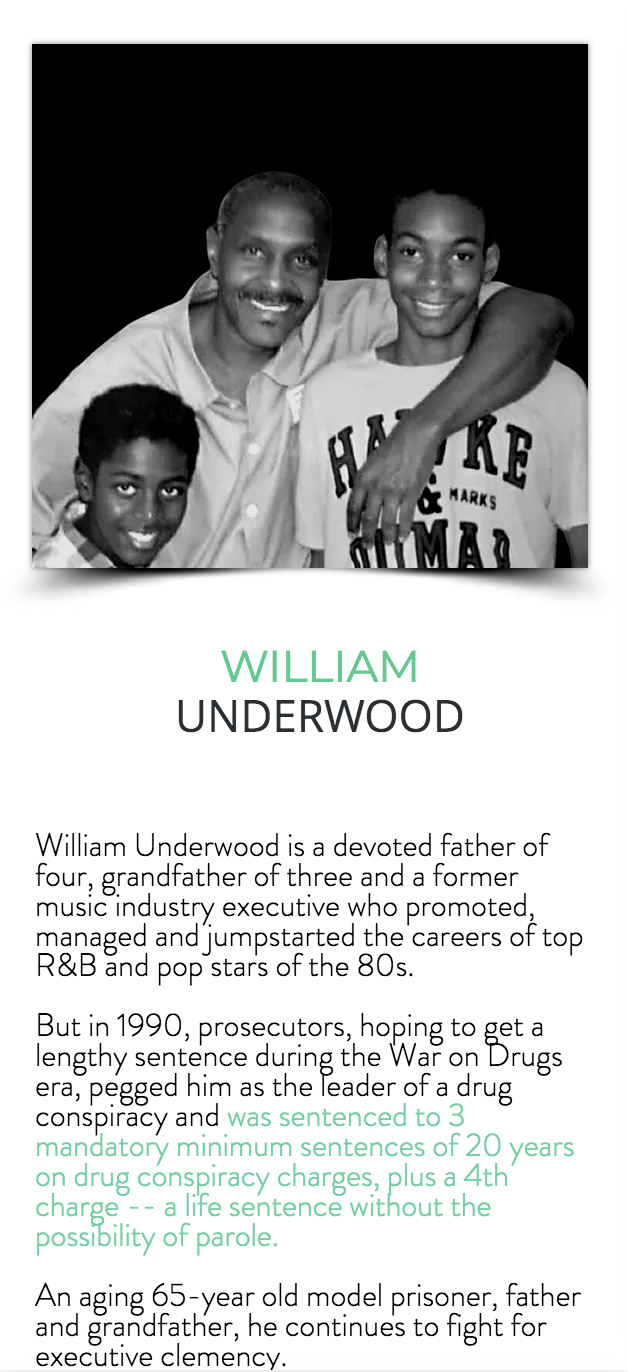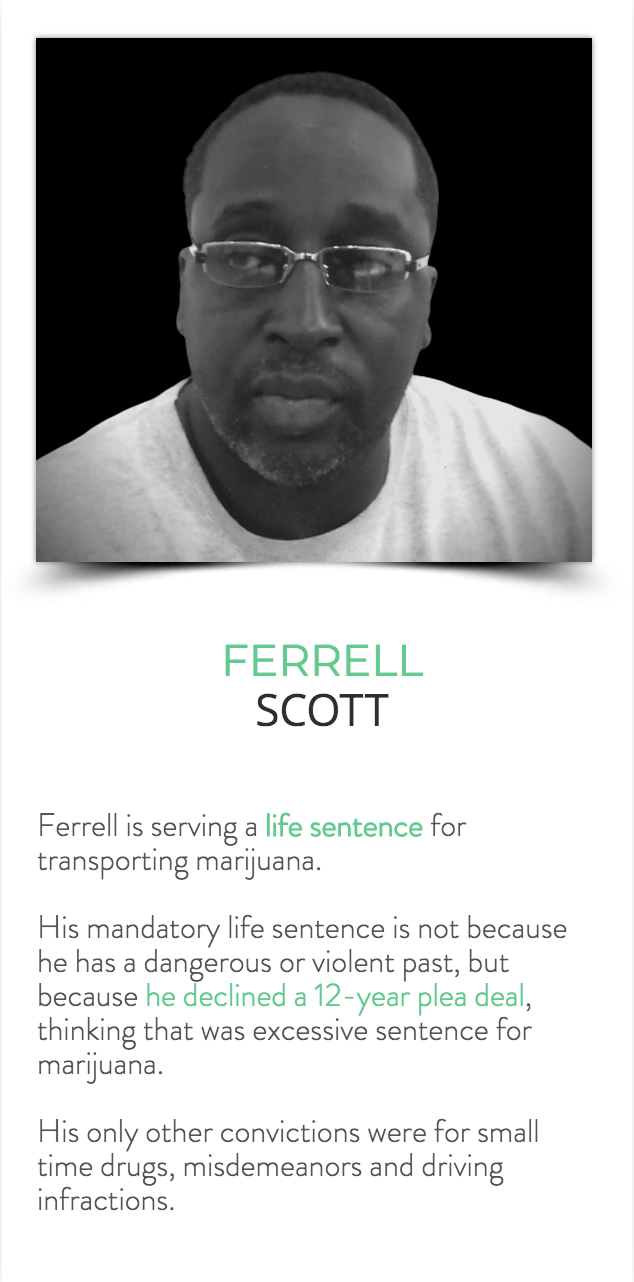Let’s talk about prison. And I don’t mean Orange is The New Black or The Shawshank Redemption - great film. I mean real life, real deal prison for bad people who do bad things.
For as long as I can remember, I have been absolutely fascinated by the prison system. Some people find that a little odd, but I couldn’t be more curious. Although I am interested in all aspects, one thing that has always confused me is the process of sentencing. How is it possible that a murderer gets out of prison before someone who was caught with possession does? Do they just pull a random number out of a hat and call it a day? I understand never letting the Kingpins out of prison, but other people with minor offenses shouldn’t be treated like El Chapo.
This past fall, I took a class at school called Drugs and Securities in the Americas. Its focus was on drugs like Marijuana, Cocaine, Opiates and how they originated, who they are associated with and their roles in the War on Drugs.
President Nixon first announced the War on Drugs in June 1971 in response to rumors that soldiers in Vietnam were returning as addicts and to try and get on top of the world-wide epidemic. Little did he know that he would be announcing a war that would seemingly never end. It’s now 2020, and on top of the drug problem in this country, the always existing racial problem has now surpassed the initial one - the one that the War was supposed to fix.
In my class, I learned all about the difference between powder cocaine and crack cocaine. How one is the “rich man’s drug” and one is the “poor man’s drug.” I learned that the typical sentencing for the poor man’s drug is often much higher than the sentencing for the rich man’s drug (5 grams of crack and 500 grams of powder are both 5 years minimum.) That is absurd. Mandatory Minimum sentencing was set in the Bogg’s Act of 1951 and later re-introduced in the Anti-Drug Abuse Act of 1986. Again, it is now 2020.
I always knew that incarceration affected POC much more than it did nonPOC. However, the recent spur of the Black Lives Matter Movement only intensified that realization.
I came across a non-profit called the Last Prisoner Project. Its mission is to free each and every prisoner who is currently sitting in jail due to a cannabis arrest - there are currently 40,000 behind bars. This organization not only helps free them, but helps clear their criminal records of these offenses through their Cannabis Clemency Program. They also help with reentry into normal life through their Prison to Prosperity Reentry Program. The following are some statistics from the organization’s Instagram:
74% of Americans incarcerated for drug possession are Black
55% of Americans convicted for drug possession are Black
35% of Americans arrested for drug possession are Black
1 out of 2 people in federal prisons are serving time for a drug offense
Every 48 seconds someone is arrested for a cannabis offense
In the federal system, the average Black defendant convicted of a drug offense will serve nearly the same amount of time (58.7 months) as a white defendant would for a violent crime (61.7 months)
Do you see the pattern? The problem?
It drives me crazy because I know that privilege plays into this, heavily. I grew up in a primarily White town. A lot of White people I grew up with smoked weed, some even sold it. There were instances involving getting caught at school or by the police and it always ended with a minor suspension or getting out of something that should’ve been much more serious. If it were any other town and if it were Black kids instead of White, they wouldn’t be getting out of it.
If you go onto Last Prisoner Project’s website, there is a section where you can read all about different prisoner’s stories, female, male, Black, White, etc. Here are three:
Why are people still in prison in states where their offense is no longer an offense? Or rather, why are people serving life sentences for what really should have been a misdemeanor? Killing someone or raping someone will always be unjust, wrong and unexplainable. Nothing you do will ever replace the life you ruined. But dealing with small amounts of now somewhat decriminalized and legal drugs? Some may see it as wrong, but it’s definitely not unjust. I think 25 years behind bars, the loss of your mother, father and only son is punishment enough.
Don’t you?
The Last Prisoner Project posted this article from Self Magazine entitled “How the War on Drugs Fuels Racist Police Violence” on their Instagram. It states:
“While a Minneapolis police officer held his knee on George Floyd’s neck, another joked, “Don’t do drugs, kids,” to the crowd that gathered. When Louisville police officers forced their way into Breonna Taylor’s home under a “no-knock warrant” and shot her, it was to carry out a drug raid...the war on drugs gave police a justification to enact lethal violence on Black people.”
Whether or not that justification started with a lie of “but they smelled like marijuana” or ended up with someone behind bars, it provided a new meaning to what it was like to have power. Although the fight against the War on Drugs started in order to combat a growing drug epidemic in the country at the time, it has also created an arguably bigger problem among the treatment of the human race.
I would encourage you to read both that article and through the Last Prisoner Project website, as well as look at their Instagram, to learn about the staggering statistics and read their stories. If you have a class at your school on the topic, I would also highly recommend you take it!
https://www.self.com/story/war-on-drugs-racism-police-violence


